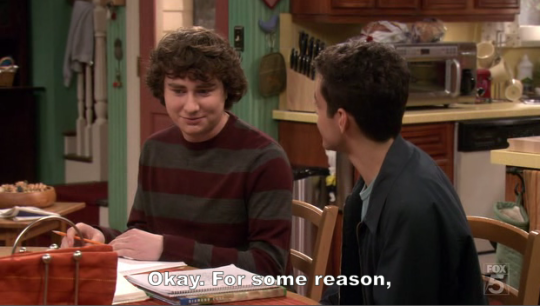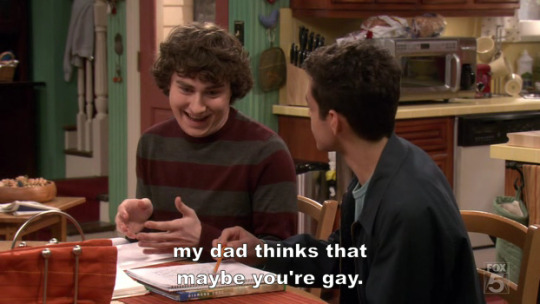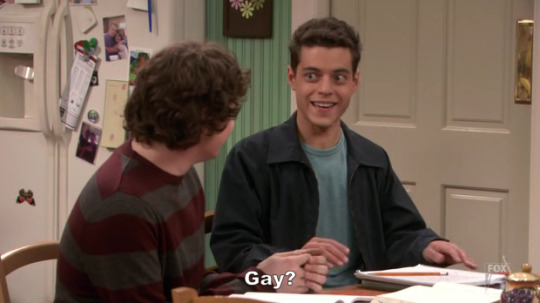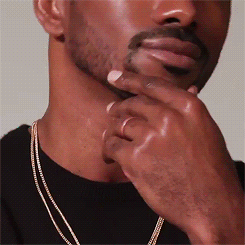Talk Like a Man is an ongoing conversation about masculinity in America. I hope this project will inspire you to learn more about other people's masculinities and to challenge yourself as you develop, or redefine, your own gender identity. Talk Like a Man is a cross-platform project. Please visit the YouTube Channel and Facebook Pages for more ways to join in the conversation.
Don't wanna be here? Send us removal request.
Quote
Boys may privately feel sure of themselves, and what they think. But that doesn’t mean they can articulate themselves well enough to demonstrate their intelligence or perspective. This leads to self-consciousness and a feeling of vulnerability. It’s a natural human instinct to hunker down and protect that vulnerability, and boys do that by talking less and opting out of ambiguous social interactions—like when they’re going to be asked questions for which they have no clear answers. The most important thing we can do if we want to increase boys’ conversational courage is to minimize the vulnerability they feel.
Adam Cox, Cracking the Boy Code: How to Understand and Talk With Boys (via breakingtheboycode)
11 notes
·
View notes
Link
“It is a sunny Madrid evening and some 30 young activists have gathered in a dusty meeting room to reflect on how they contributed to International Women’s Day on 8 March.
Millions of Spanish women have protested and gone on strike in recent years over male violence, Spain’s lack of a consent-based rape law and economic inequality.
But all the activists here are men, part of a nationwide association of men for gender equality called AHIGE.
Feminists have become increasingly alarmed by the rise of far-right party Vox, which wants to end abortion and special laws aimed at protecting women from male violence.
And they are attracting support from an increasing number of Spanish men, who want to eradicate what they see as their inner sexist values.
In men-only groups, members openly share their prejudices, their lack of understanding towards women, and the male gender role they are playing out.”
Read the full piece here
166 notes
·
View notes
Text

Just a reminder to live long and prosper! 🖖
181 notes
·
View notes
Photo

Dragon Dance 翔龙 Acrylic on Canvas, 47x94cm, 2017 © Musk Ming
264 notes
·
View notes
Link
“I love who I am and my soul, and it feels more and more like my outside is meeting that inside feeling,” says Russell, who was 24 and living in Madison, Wisconsin when he was photographed by Soraya Zaman for their new book, American Boys. The quote appears next to photos of his sandy mane blowing in the breeze by the water, then portraits of him posing by a statue of an angel, outside under a tree, and finally standing over the shoreline on a bundle of wood, shirtless and proudly displaying scars from his top surgery.
Russell is just one of nearly 30 people featured in American Boys, a project in which Zaman traveled coast to coast to chronicle a range of presentation of transmasculine identity across the U.S. In small towns and big cities alike, people sat for Zaman’s lens in the comfort of their environments: Elias in the light of his window, Shane crossing a Los Angeles street, Amari resting near train tracks, Aodhàn in a field of sunflowers, Steve climbing high onto rocks, and so many more.”
Read the full piece and see the photos here


327 notes
·
View notes
Quote
For a 13-year-old boy, one of the worst things in the world you could be called is a ‘fag.’ That is the deal-breaker. But our boys learn that that term actually has nothing to do with people’s sexuality. It’s that thing that is tied to femininity or not exerting hyper-masculine behaviour. When boys start to understand the layers of meaning behind the word, they develop empathy for those who are different. They see that it’s okay to accept people for who they are. They develop empathy and they get that not everyone is the same.
Pam Krause, quoted by Jane Chamberlin in Is there only one way to be a man? Rethinking masculinity in the age of gender fluidity (via breakingtheboycode)
6 notes
·
View notes




































